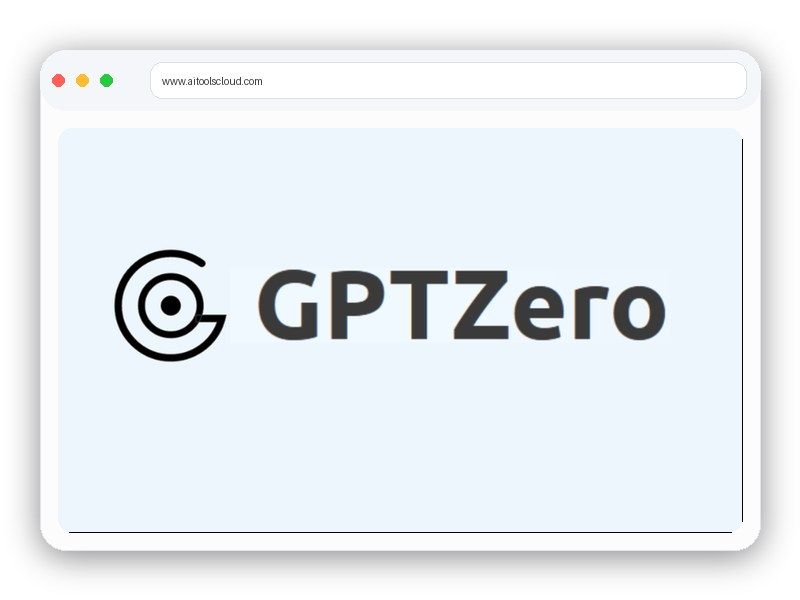GPTZero is a widely used AI detector that specializes in identifying text generated by large language models like ChatGPT and GPT-4. Created in 2023, it quickly gained traction in education for its ability to perform detailed analysis, offering sentence-by-sentence highlighting to show which parts of a document are most likely AI-generated. Key features include a Chrome extension for easy web checks, API access for integration with learning management systems (LMS), and the ability to process documents in batches.
However, user experiences reveal a significant and persistent issue: a high rate of false positives. While often accurate at flagging purely AI-generated content, the tool frequently misidentifies genuinely human-written text—especially formal, structured, or cited academic work—as being created by AI. This unreliability is its biggest drawback, causing frustration for students and writers who are wrongly flagged. Despite its detailed reports, the frequent need for manual verification means it is best used as a preliminary screening tool rather than a definitive judge of a text's origin.
